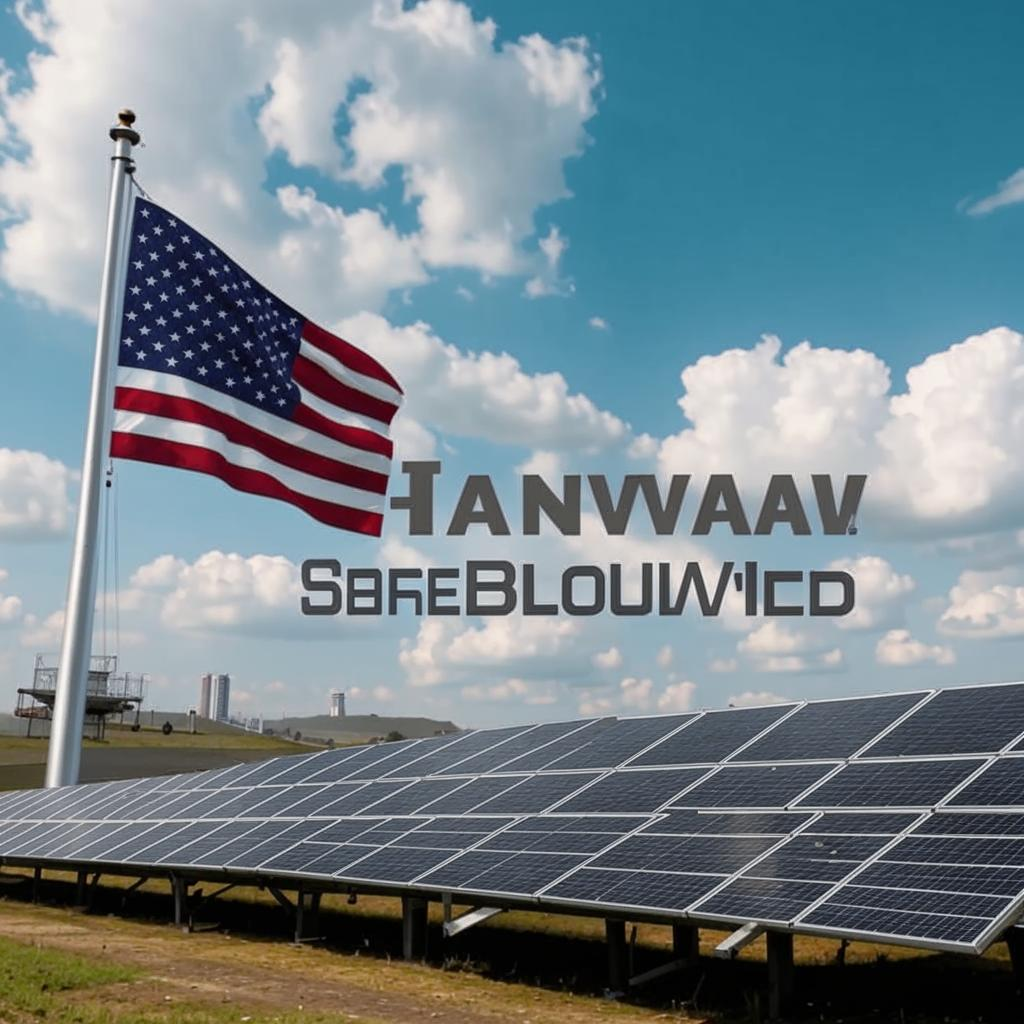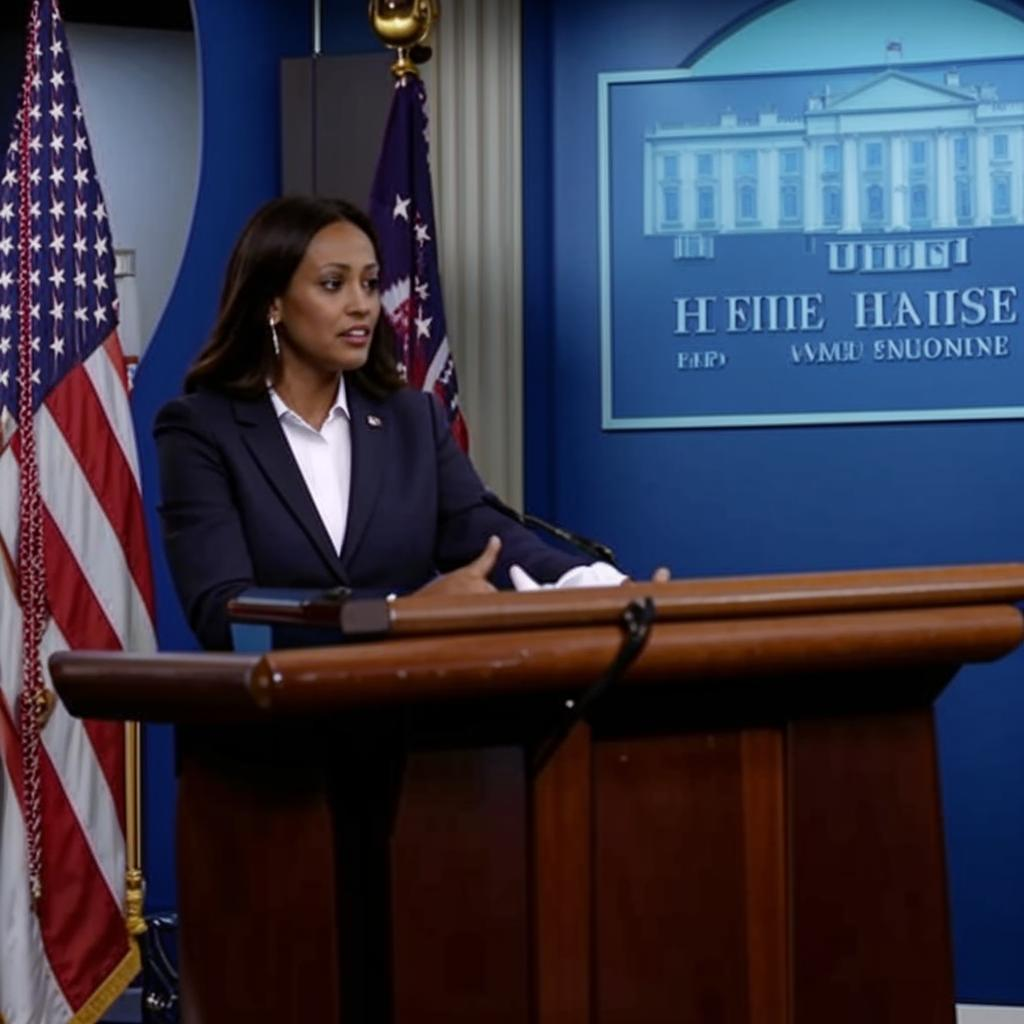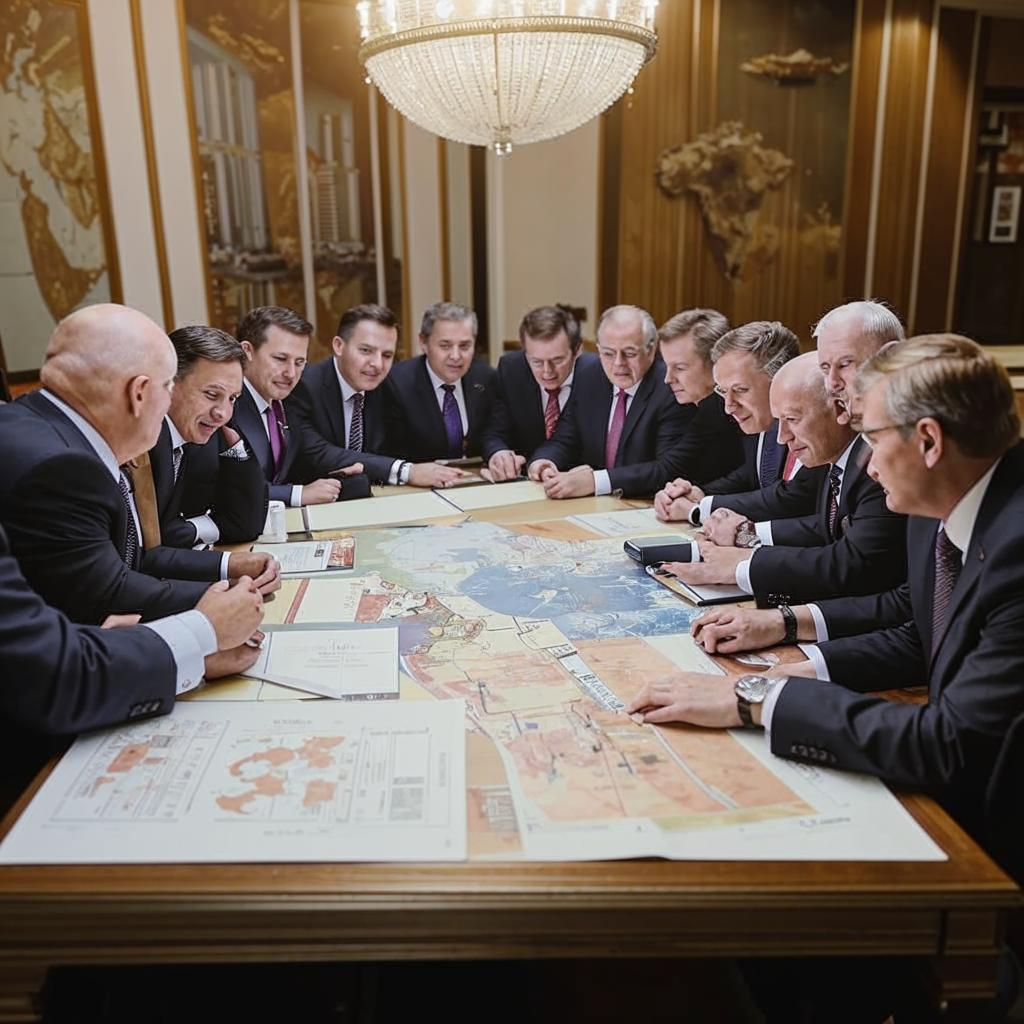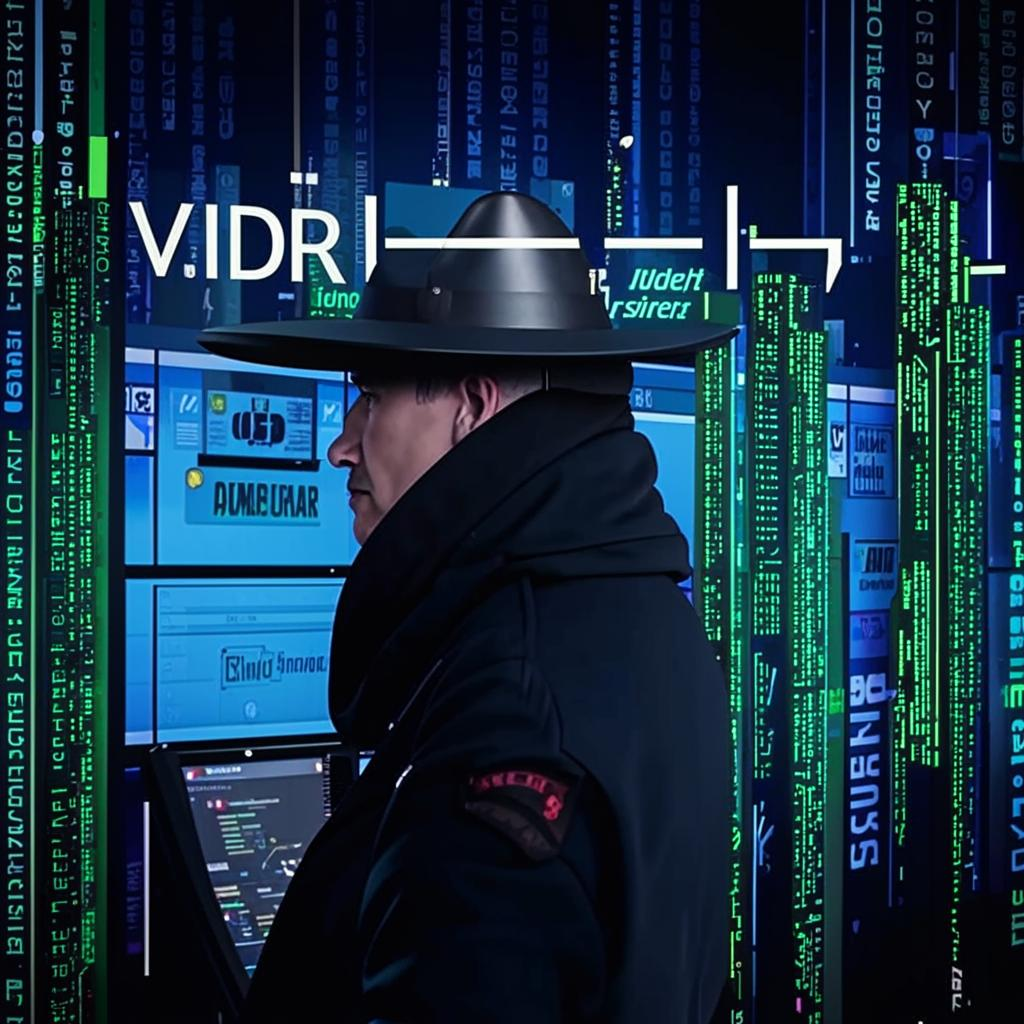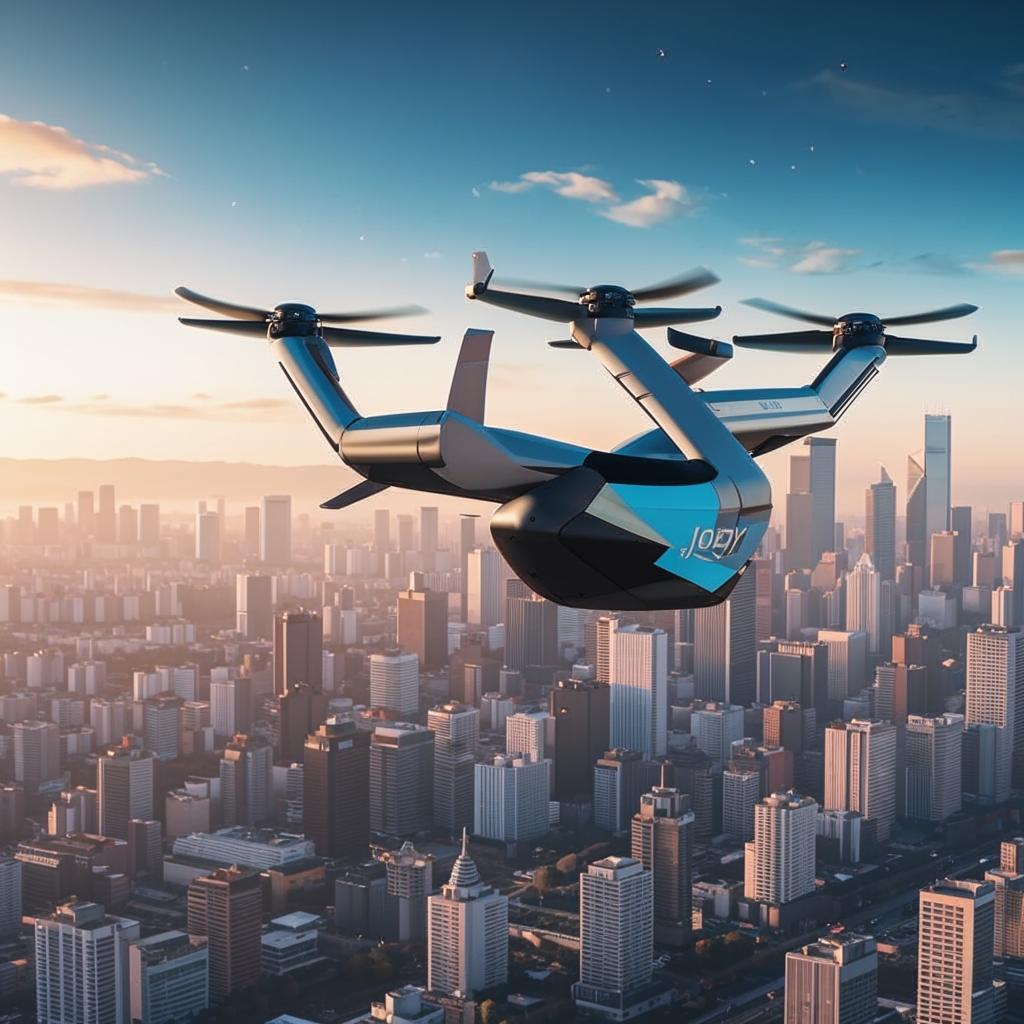Decentralized Autonomous Organizations (DAOs) are poised to reshape philanthropy. Using blockchain technology, DAOs offer a new model characterized by transparency, community governance, and increased donor control.
Traditional philanthropy often faces criticism regarding overhead costs, a lack of transparency in fund allocation, and limited donor influence. DAOs address these concerns by leveraging smart contracts to automate processes, track donations, and ensure funds are used according to pre-defined rules. Every transaction is recorded on the blockchain, providing unparalleled transparency for donors and beneficiaries.
Furthermore, DAOs empower donors by enabling them to participate in decision-making processes. Token holders can vote on proposals, decide which projects to fund, and hold organizations accountable. This participatory approach fosters a stronger sense of ownership and encourages more active engagement.
Several DAOs are already making waves in the philanthropic sector. Some focus on specific causes, such as climate change or poverty alleviation, while others provide funding for a broader range of initiatives. The potential impact of DAOs on philanthropy is significant. By increasing transparency, empowering donors, and streamlining operations, DAOs can revolutionize how charitable giving is conducted, leading to more effective and impactful outcomes. While challenges remain, including regulatory uncertainty and the need for user-friendly interfaces, DAOs represent a promising new frontier in the world of giving. They have the potential to unlock new sources of funding and create a more democratic and accountable philanthropic landscape. The movement is gaining momentum as more people discover how they can easily and directly give to their causes of choice.







